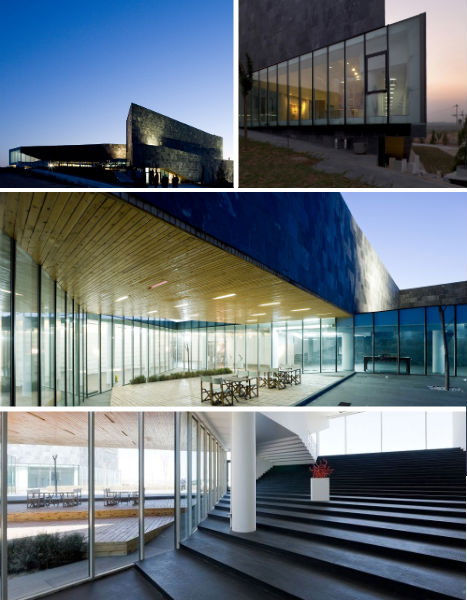A sudden blow from policy changes
The Kangbashi new district sports a museum, opera house, library, cultural center, sculpture parks, malls, and endless rows of megablock housing.
From slogans on the sides of its streets, the city claims to be built into the political, cultural, and financial center of the city.
Tides of construction projects hollowed the core of the city's real economy foundation.
Below the shining surface of standing skyscrapers, the capitalized market without an effective regulative regime was shaken to its root.
The property bubble, under an unbalanced supply and demand, was bound to break. It was just a matter of time.
Policy adjustments by the national and local governments answered the question of when.
The national announcement to limit property loans was the first hit.
Local property investors couldn't take the risk of putting all of their money into the unpredictable real estate market and ceased the craze all of a sudden.
As the fund chain broke, developers were immediately chocked at the neck. Bankruptcy followed, and led to suicides.
Another strike came from the local planning on economically affordable housing and tenement houses, to tackle the problems of when rural residents move into cities.
These houses were priced half of the market standards. As a consequence, the market shrank.
How to solve the problem of huge supplies flooding into the chilled market is still a question. Investors have no choice but to curb their lust for profiting from the unreasonable market boom.
So do developers. Moreover, they have been confronted with a more urgent puzzle of how to diminish the losses to a minimum in the current turmoil.


















